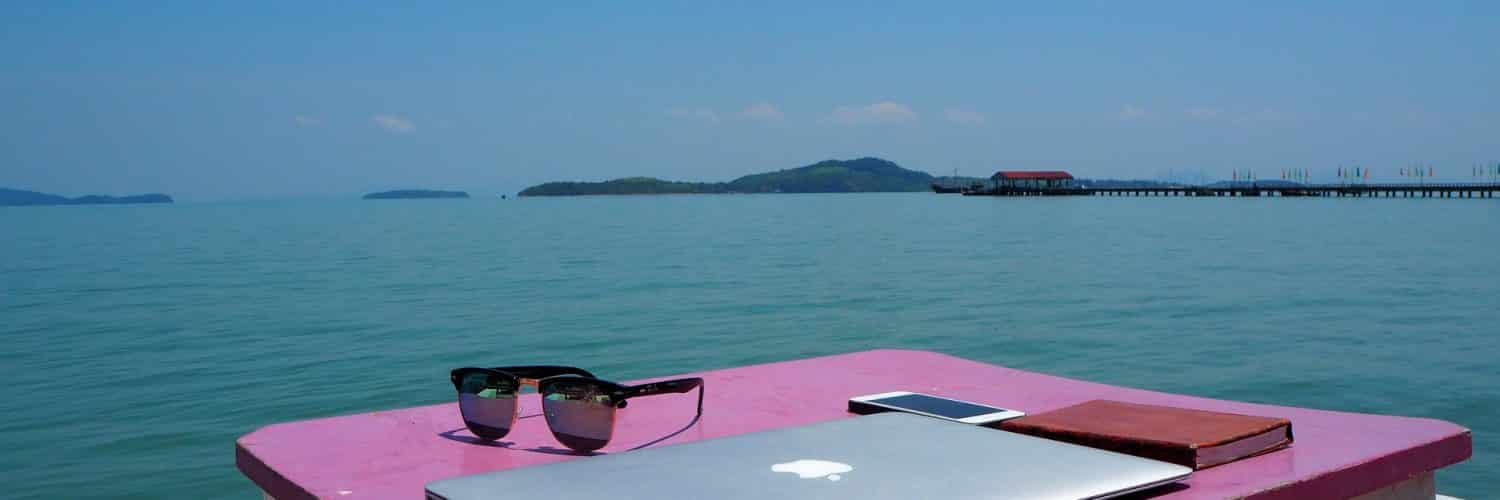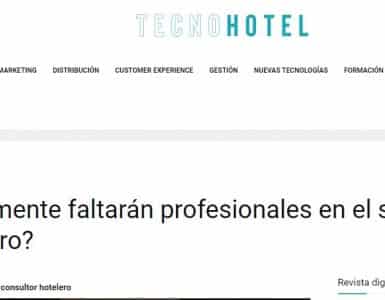One of the buzzwords in 2020 is #staycations. The travel restrictions implemented by most nations to try to prevent the spread of the pandemic has meant many people had no choice but to spend locally their well-deserved time off.
On one hand, that has helped boost certain economies that traditionally do not enjoy such influx of local tourists. On the below map (@STR Spain), it can clearly be seen how the highest occupancy during August 2020 in Europe was achieved mainly in Germany and Scandinavia, thanks to their local residents spending their holidays domestically.

The measures taken to prevent the spread of the C-19 has also meant many people have discovered what working remotely meant. Some could not get used to it, and needed the buzz of the office. Others, however, have -or still are, in many cases- enjoyed it:
-Save commuting time
-More time with the family
-Flexible hours
-etc…
What many have not come to realize is that working remotely does not mean working Monday to Friday, 9-5 from your spare room at home, or even worse, in a corner of the living room while the kids run around in the background.
In any case, the options and network of support to work remotely keep growing. For the less adventurous, be it due to family ties or other restrictions, co-working spaces spring up like mushrooms everywhere globally. And there is always a coffee shop with free Wi-Fi where one can sit down and start typing.
Although in certain cases there are restrictions from the company side when it comes to connectivity, flexibility, etc… more and more companies understand the real concept of remote working. And with the increasing number of freelance workers, professionals working project by project or part timers, we have the perfect mix for the #DigitalNomads.
In the US alone, there are 5 million digital nomads, with 43% of the workforce working remotely regularly.
Many of these true digital nomads take advantage of the #geoarbitrage: living and working remotely in a cheaper location, while getting paid in a strong currency ( e.g.: live in Thailand while creating a project for a US firm, therefore getting paid in US$ but spending local Bahts).
This concept, although not for everyone, is reshaping many roles in different industries, and creating a completely new type of profile. Without geographical ties, these digital nomads can swap countries regularly, enjoying the local life, discovering new places, people and cultures while, at the same time, keep their income stream.
There are, however, certain legal challenges, when it comes to taxation, rights, etc.., and most of these digital nomads end up living in a legal limbo. That is why some countries are creating specific visas for this type of profile. Estonia was the pioneer in this sense, with their e-residency visa permit. Other countries that have followed the example are the Barbados, Bermuda, Georgia, and soon, Croatia (with freelance special visas already in place in the Czech Republic, Germany, Costa Rica and Norway).
Be it spending a week in your local cottage by the lake in Finland, or sitting at a café in Cambodia, the mix of work, holiday and travel is here to stay. So although these neologisms (#workation, #staycation, #DigitalNomad) might sound just like fancy words for some, they will become more and more established. We must get used to the fact that the number of professionals taking advantage of that form of work will keep increasing, keeping up with the reshape of the economy, the way people need to work and the needs and aspirations of the newer generations.



























Add comment